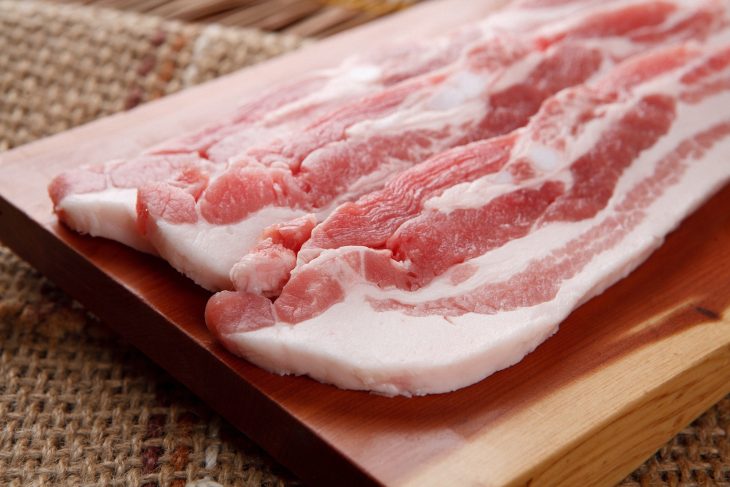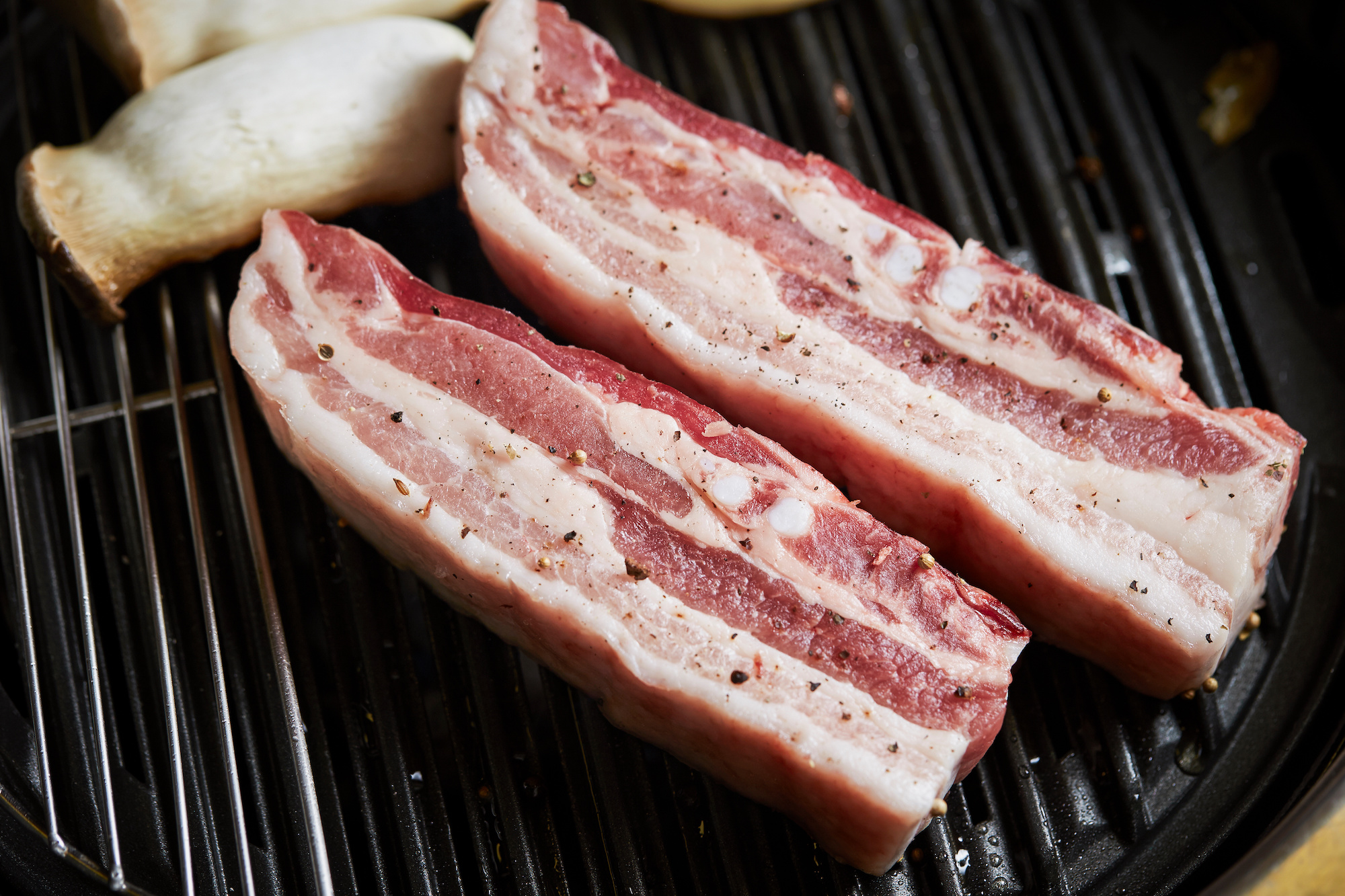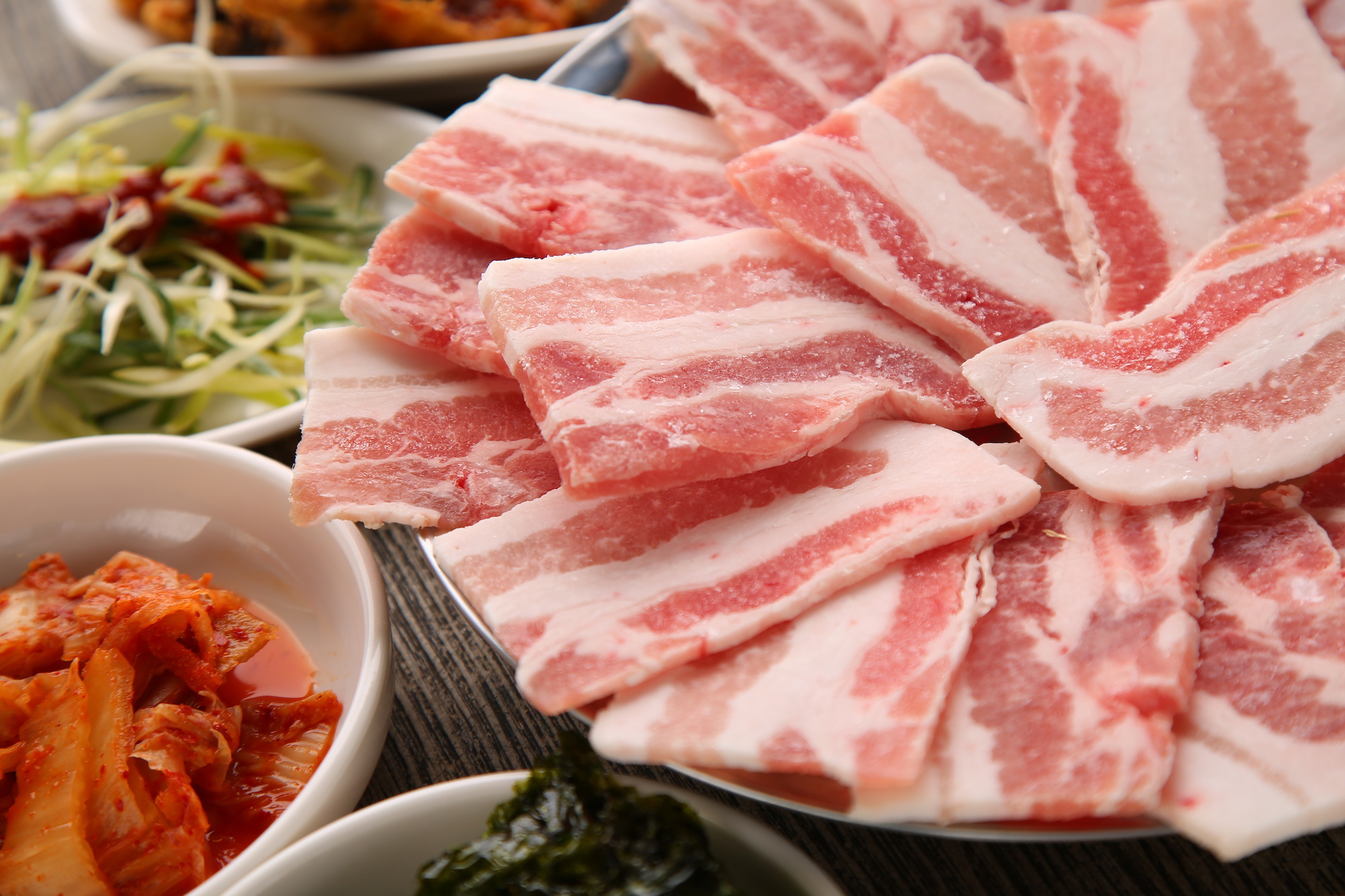
Pork belly is a delectable cut of meat that has gained popularity among food enthusiasts and culinary experts. Known for its rich flavor and melt-in-your-mouth texture, pork belly is a versatile ingredient that can be prepared in various ways, from succulent roasts to crispy bacon. But besides its taste, have you ever wondered about the nutritional value of pork belly? In this article, we’ll delve into 18 essential pork belly nutrition facts that will help you better understand its health benefits and incorporate it wisely into your diet.
Calories and Macronutrients
When it comes to pork belly nutrition, it’s important to consider its caloric and macronutrient content. A 100-gram serving of pork belly typically provides around 500-600 calories, making it a calorie-dense food. Additionally, it contains approximately 50 grams of fat, with a mix of saturated and unsaturated fats. It also offers a decent amount of protein, ranging from 12 to 18 grams per serving.
Essential Vitamins
Pork belly contains several essential vitamins that contribute to overall health. It is particularly rich in B vitamins, including thiamine (B1), riboflavin (B2), niacin (B3), vitamin B6, and vitamin B12. These vitamins play a crucial role in energy production, brain function, and the maintenance of a healthy nervous system.
Mineral Content
In terms of minerals, pork belly provides important nutrients such as iron, zinc, phosphorus, and selenium. Iron is vital for the production of red blood cells and the transportation of oxygen throughout the body. Zinc is essential for a strong immune system and wound healing, while phosphorus contributes to bone health. Selenium acts as an antioxidant, protecting cells from damage and supporting thyroid function.
Omega-3 Fatty Acids
Contrary to popular belief, pork belly does contain some omega-3 fatty acids, although in lower quantities compared to fish or nuts. These healthy fats have anti-inflammatory properties and are beneficial for heart health, brain function, and overall well-being.
Protein-Rich Food
Pork belly is a good source of protein, which is essential for various bodily functions. Protein aids in muscle growth, repair, and maintenance, supports the immune system, and helps regulate hormones. Including pork belly as part of a balanced diet can contribute to meeting your daily protein needs.

Collagen Content
One unique aspect of pork belly is its high collagen content. Collagen is a protein that plays a crucial role in maintaining healthy skin, joints, and connective tissues. Consuming collagen-rich foods like pork belly can contribute to the overall health and elasticity of your skin and may have anti-aging benefits.
Nutrient Absorption
The presence of fat in pork belly enhances the absorption of fat-soluble vitamins such as vitamins A, D, E, and K. These vitamins require dietary fats for optimal absorption, and pork belly can provide the necessary fat content to support the absorption process.
Moderation and Portion Control
While pork belly offers a range of nutritional benefits, it’s important to consume it in moderation and practice portion control. Due to its high-calorie and fat content, excessive consumption of pork belly may lead to weight gain and an increased risk of certain health conditions. Balancing your intake and incorporating it as part of a well-rounded diet is key.
Cooking Methods and Health Considerations
The cooking method you choose can impact the overall nutritional value of pork belly. Grilling or roasting pork belly can help reduce excess fat, while deep frying or cooking it in rich sauces may increase the calorie and fat content. Considering healthier cooking alternatives can help you enjoy pork belly while maintaining a balanced diet.
Health-Conscious Substitutions
For those who wish to enjoy the flavors of pork belly with a healthier twist, leaner cuts of pork, such as pork tenderloin or pork loin, can be excellent substitutes. These cuts generally have lower fat content while still offering a good source of protein and essential nutrients.

Conclusion
Pork belly is a delicious and nutrient-rich food that can be enjoyed as part of a balanced diet. It provides valuable vitamins, minerals, healthy fats, and protein, contributing to various aspects of overall health. By practicing portion control and adopting healthier cooking methods, you can savor the mouthwatering flavors of pork belly while reaping its nutritional benefits.
Frequently Asked Questions (FAQs)
Can pork belly be part of a healthy diet?
Yes, pork belly can be part of a healthy diet when consumed in moderation and balanced with other nutritious foods.
Is pork belly high in cholesterol?
Pork belly does contain cholesterol, but dietary cholesterol has less impact on blood cholesterol levels than previously believed. However, moderation is still key.
How should I store pork belly to maintain its quality?
Store pork belly in the refrigerator at a temperature below 40°F (4°C) to ensure its freshness and prevent bacterial growth. Use it within a few days or freeze it for longer storage.
Are there any risks associated with consuming pork belly?
Excessive consumption of pork belly, due to its high calorie and fat content, may lead to weight gain and increase the risk of certain health conditions. It’s important to practice moderation.
Can I incorporate pork belly into a low-carb diet?
Yes, pork belly can be part of a low-carb diet due to its low carbohydrate content. However, be mindful of the overall calorie and fat intake.
Remember to consult with a healthcare professional or nutritionist before making significant changes to your diet to ensure it aligns with your individual health goals and requirements.
Was this page helpful?
Our commitment to delivering trustworthy and engaging content is at the heart of what we do. Each fact on our site is contributed by real users like you, bringing a wealth of diverse insights and information. To ensure the highest standards of accuracy and reliability, our dedicated editors meticulously review each submission. This process guarantees that the facts we share are not only fascinating but also credible. Trust in our commitment to quality and authenticity as you explore and learn with us.
